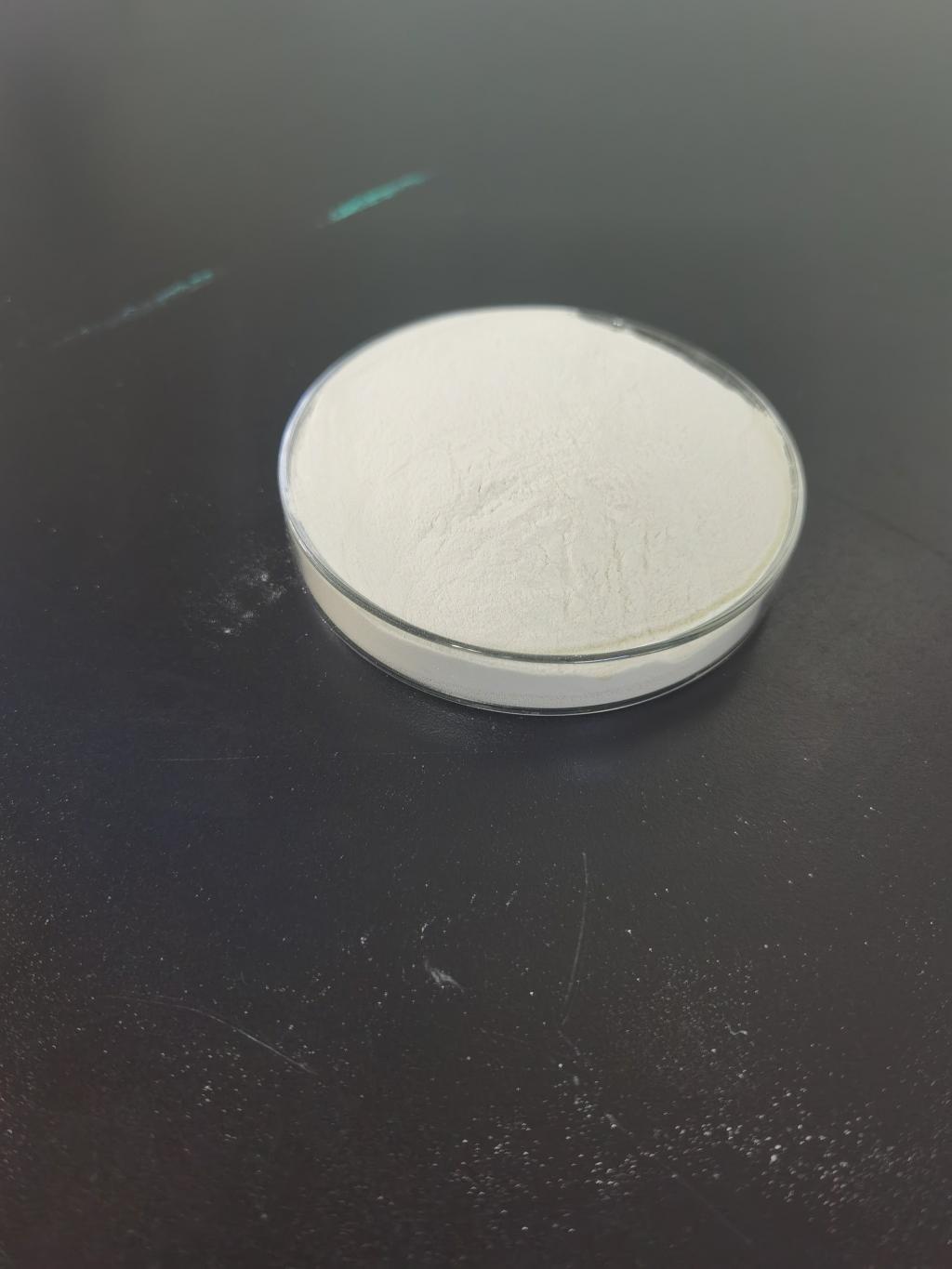Tel:+8618231198596

News
 CONTACT
CONTACT
 CONTACT
CONTACT
- Linkman:Linda Yao
- Tel: +8618231198596
- Email:linda.yao@dcpharma.cn
- Linkman:CHARLES.WANG
- Department:Overseas
- Tel: 0086 0311-85537378 0086 0311-85539701
News
Nisin's applications in the preservation of frozen food products.
TIME:2024-06-14
Properties of Nisin
Nisin is a bacteriocin produced by certain strains of Lactococcus lactis. It is heat-stable, soluble in water, and active over a wide pH range (pH 2.0 to 8.0), making it suitable for various food applications, including frozen foods. These properties allow nisin to inhibit the growth of spoilage and pathogenic bacteria without altering the taste, texture, or nutritional content of frozen food products.
Mechanism of Action
The antimicrobial activity of nisin primarily targets Gram-positive bacteria by disrupting cell membrane integrity. Nisin binds to lipid II, a precursor molecule involved in cell wall biosynthesis, leading to pore formation and subsequent cell lysis. This mechanism not only ensures effective microbial control but also reduces the risk of bacterial resistance compared to traditional chemical preservatives.
Applications in Frozen Food Preservation
1. Seafood and Meat Products
Nisin is commonly used in frozen seafood and meat products to control spoilage bacteria and pathogens such as Listeria monocytogenes and Salmonella. Its application ensures microbial safety during storage and transportation, preserving product quality and extending shelf life.
2. Frozen Ready-to-Eat Meals
Ready-to-eat meals, including frozen pizzas, entrees, and snacks, benefit from nisin's ability to inhibit bacterial growth without affecting sensory attributes. It enhances product safety and maintains freshness throughout frozen storage, meeting consumer demand for convenient and safe meal options.
3. Frozen Bakery Products
In frozen bakery products like bread, pastries, and desserts, nisin helps prevent mold and yeast growth, ensuring product integrity and extending freezer storage duration. It supports the preservation of texture and taste, making these products more appealing to consumers.
4. Frozen Fruits and Vegetables
Nisin can be applied to frozen fruits and vegetables to inhibit microbial contamination and maintain nutritional quality. By controlling spoilage organisms, nisin preserves the color, flavor, and nutrient content of frozen produce, contributing to consumer satisfaction and dietary diversity.
Technological Advancements
1. Encapsulation and Delivery Systems
Advancements in encapsulation technologies, such as nanoemulsions and liposomes, enhance nisin's stability and efficacy in frozen food matrices. These delivery systems protect nisin from degradation and ensure controlled release, maximizing its antimicrobial activity over extended storage periods.
2. Combined Approaches
Combining nisin with other natural preservatives, such as organic acids or plant extracts, enhances synergistic effects against a broader spectrum of microorganisms. These combined approaches offer comprehensive microbial control while minimizing the use of chemical additives in frozen food preservation.
Regulatory Considerations and Safety
Nisin is approved as a food additive by regulatory agencies worldwide, including the FDA and EFSA, with established safety guidelines for its use in food products. It is considered safe for consumption at recommended levels and does not accumulate in frozen food products, ensuring consumer confidence in its role as a natural preservative.
Future Directions
1. Research and Innovation
Future research aims to optimize nisin formulations and explore novel applications in frozen food preservation. Innovations in delivery systems, sustainable production methods, and efficacy testing will advance nisin's role in enhancing food safety and quality in frozen food products.
2. Consumer Awareness and Acceptance
Educating consumers about the benefits of nisin in frozen food preservation promotes transparency and trust in food products. Increased awareness of natural preservatives like nisin encourages consumer preference for healthier and sustainable food choices.
3. Global Food Security
Nisin's role in preserving frozen food products contributes to global food security by reducing food waste and ensuring access to safe and nutritious foods. Sustainable preservation practices support economic stability and environmental conservation in the food industry.
Conclusion
Nisin represents a valuable tool in the preservation of frozen food products, offering effective microbial control, extended shelf life, and enhanced product safety without compromising nutritional quality or consumer satisfaction. Its natural origin and broad-spectrum antimicrobial activity make it an ideal choice for addressing food safety challenges in the frozen food industry.
- Tel:+8618231198596
- Whatsapp:18231198596
- Chat With Skype







